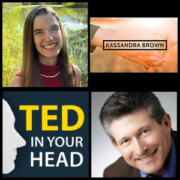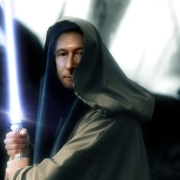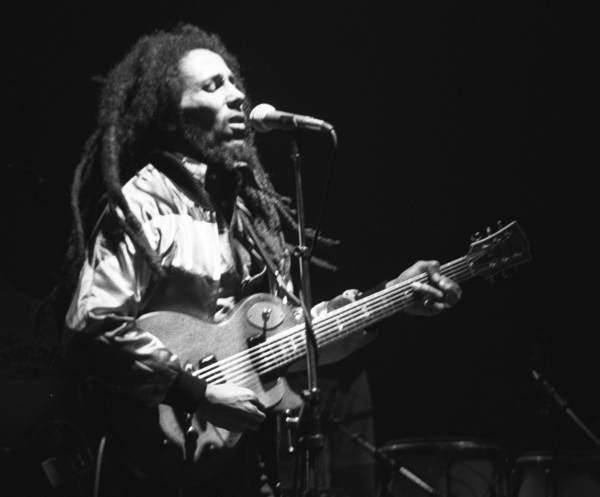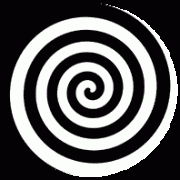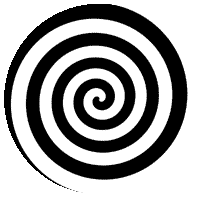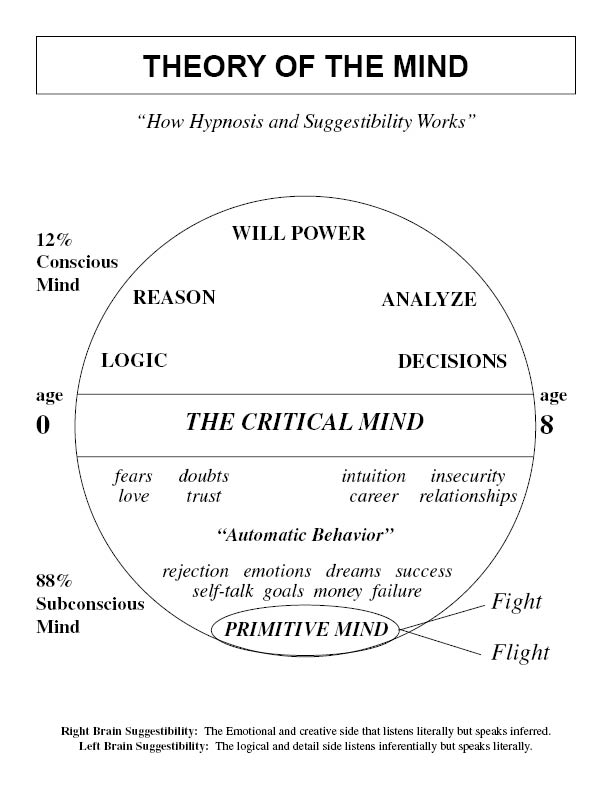
Do you have a habit of making up stories? We know some people who have a tendency to exaggerate the truth. We think we know what is real. But do we really?
Something that happened to me this morning:
- I was out for my morning walk when a police officer pulled up alongside of me in his car. He asked me my name and for my ID. He said that they had been looking for a missing person that had the potential of hurting themselves and that I fit the description. I gave him my ID, told him I wasn’t the one he was looking for and he drove away.
Now, let me tell you a story.
- I was taking a walk, minding my own business, when a police car passed me. I nodded to the officer. A few minutes later he came back because he had nothing better to do and decided to harass me. He demanded my ID, and made up some story about looking for a missing person. I know he just wanted to mess with me because I nodded to him and they don’t like when you do that.
What really happened? Which is real? What is reality?
We can spend days talking about reality, so why don’t we just try to stay in touch with reality. We want to deal with what’s real don’t we? We don’t want to waste our time dealing with what’s not real. Yet, the truth is, we do that all the time.
I would suggest that that #1 is a description of what happened and that #2 is a story of what happened. See the difference?
Those who study quantum physics have concluded that there is no objective reality “out there.” That means, that for there to be reality, there must be you to describe it. (Check out this video about the paradox of Schrodinger’s cat.)
So we could say that reality is what we perceive, or experience. However, is it possible for two people to perceive the exact same thing, but have a different reality of that thing? Absolutely.
The fact is that we each have our own individual reality. The reason that our personal reality can be so very different from someone else’s reality is not because of what we perceive, but because of what we make it mean. The meaning comes from us, making up stories. One of the defining characteristics of human beings is that we give meaning to just about everything by making up stories about it.
In my work as a hypnotherapist, I help people see that we are all making up stories about what what happens to us. Because we are always making up stories, we believe them, and we can become “hypnotized” by them.
Our reality consists of two parts: There’s what happened, and then there’s us, making up stories about what happened. There is perception, and then there is interpretation.
In my case, there’s what happened, (a police officer stopped me and asked my some questions) and then there’s my story of what happened (a police officer harassed me). The problem is, it’s really easy to get the two confused. We believe that our story about what happened is what happened, and that becomes our reality. Then we make decisions based on a story that for the most part, is made up.
Meaning Making Machines Making Up Stories
The fact is, humans are meaning making machines. We are always making up stories about what happens to us, we can’t help it. That’s what gives each life its unique flavor. What that flavor tastes like will depend on what kind of stories you are making up. “My business failed, that means I’m a failure” has a pretty bitter taste. On the other hand “Because my business failed I learned something that will help me succeed next time” is a little more palatable, as well as being infinitely more useful.
Stuff “happens” all the time. Most of the time, we can agree about what happened. Up to a point.
We can agree that the weather is hot. But we’re not going to stop there; we are always making up stories about the weather! We have to make up a story about what happened, it’s our nature to do so. For example:
- What happened: The temperature outside is hot.
- Your story of what happened might be: I’m going to suffer today because I hate the heat. Or, if you are a kid, you might make up a different story: It’s hot so we get to swim in the pool!
Sometimes though, the stories we make up can be really lousy:
- WH (What Happened): I asked mommy to buy me a pony and she didn’t.
- SWH (Story of What Happened): Mommy didn’t love me.
- or
- WH: I don’t live in a mansion like the people on TV.
- SWH: I’m a loser!
One of the biggest obstacles people have to personal happiness is that they are making up stories that are really crappy about what happened to them!
It’s very easy to believe that what happened and the story of what happened are the same thing, but they rarely are. And if we tell this story over and over repeatedly, we can “hypnotize” ourselves into believing that the story is what happened, and that our story is reality, when all it is us making up stories which may or may not be accurate.
If that’s not bad enough, we act as if our stories are real. In other words, we base our behavior on a made up story, sometimes with dire consequences.
For example:
- WH: Mommy didn’t buy me a pony
- SWH: Mommy didn’t love me.
- Behavior based on your story: I resent my mother and we don’t talk. (I want to make it clear that this is just an example. Of the eight kids my mom had, I’m her favorite. That’s my story and I’m sticking to it!)
- WH: I don’t live in a mansion like the people on TV.
- SWH: I’m a loser!
- Behavior based in your story: Since I’m a loser, I’ll break the law to get what I want.
One of the most important skills we can learn is to distinguish between what happened, and our story of what happened, because the stories that we make up will affect our lives, for better or worse.
The quality of our lives is not determined by what happens to us, but by the stories we tell about what happens to us. What we do in our lives will in a large part be determined by the meaning we attach to our life’s circumstances. If we can become aware of those stories and how they affect our lives, then we have a choice. We can begin making up stories that empower us, instead of making up stories the dis-empower us. The meaning of our lives is made up by us, so it’s all invented anyway. We are the creators of our lives. The only question is, what do you want to create?
Much of my work with my hypnotherapy clients involves helping them identify stories they are telling themselves that are disempowering and downright scary. These stories rob a person of confidence, self esteem and aliveness, while perpetuating fear, doubt and unhappiness. The first question I ask of them is: “Ok, something happened to you, but what’s the story you’re making up about that, and what is that doing for you?”
I help people to stop making up stories that do nothing for them and I use hypnosis to help people’s minds become comfortable with making up stories that speak to their courage, strength, intelligence and ability to overcome challenges. It doesn’t take that long to start telling a new story. It all depends on how invested you are in your old story.
So the next time you feel anger, or fear, or doubt or sadness, ask yourself: What is the story I’m telling that makes me feel this way? You can choose to tell a different story, or you may want to keep that story for now, and that’s ok. It’s your story, after all. We all have one.
In conclusion, let me suggest that you don’t believe a word I’ve written. It’s just my story, and it works for me. I hope at least some of it works for you as well.
Ted
To here the podcast version of this blog, go to www.Tedmoreno.com/podcast or www.tedmoreno.com/soundcloud.

